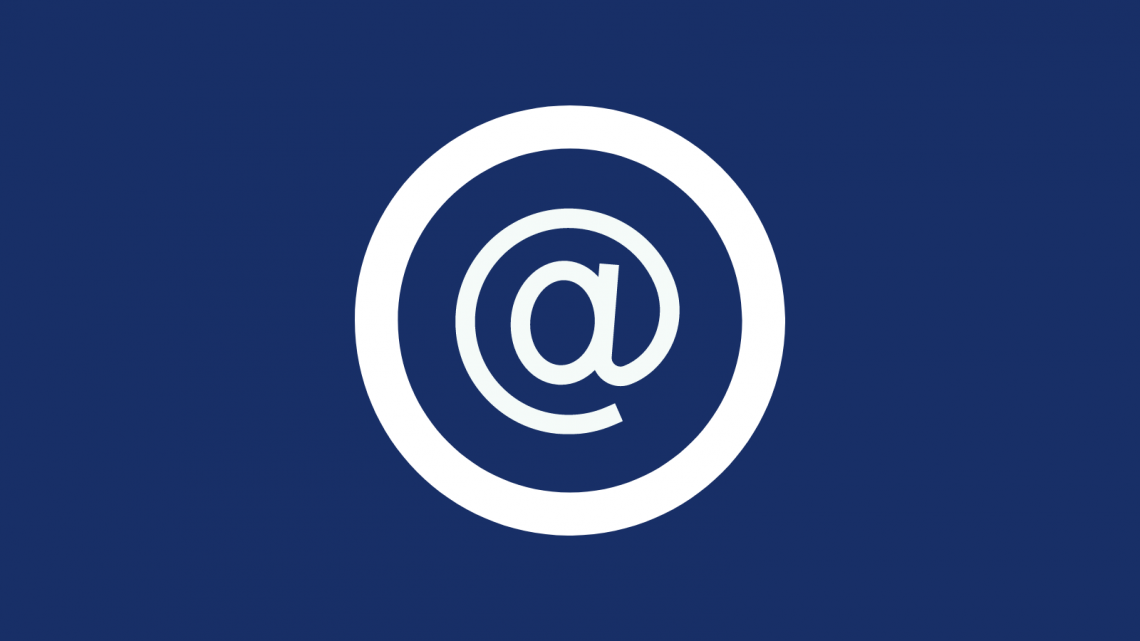FAQs
Can I enroll in MESCI even if I do not have a degree in Economics?
Yes, you can. MESCI includes courses in Maths, Statistics, Micro and Macroeconomics for people without an economic background.
When and how do I apply and what information do you have about financial assistance?
Please go to the registration web page where you can find out how to apply, the application form and the announcement.
You are strongly advised to submit your application as soon as possible, preferably before the summer. However, applications will be accepted until we have reached full subscription capacity.
Is MESCI open to non-European students?
Yes, in the previous editions we have had students coming from North and Latin America, Asia, Africa and Oceania.
How is the Programme structured?
MESCI is a full-time programme. It consists of 6 Modules for a total of 60 credits. It starts in October and finishes at the end of June, including final exams. Attendance is compulsory and lessons generally take place only in the morning (not more than 5 hours a day). After the exams students are expected to draft a final thesis to be submitted by the end of December. Final certificates will be issued in Febbruary/March of the following year.
Do I have to take exams in order to get a final degree certificate?
Yes, written exams take place at the end of each semester and are compulsory.
Are lectures entirely in English?
Yes, both classes and lectures are held in English and all reading material is in English.
Is the Master MESCI recognised at an international level?
Yes. The Master is recognised at an international level (second level degree according to the Italian law).
Does the programme provide internships?
At the end of the programme, an internship can be undertaken at one of the businesses, NGOs, Institutions, national and international bodies involved in international cooperation activities in developing countries. Some of the internships opportunities will be dealt directly through the Programme coordinator; they are strictly related to the student’s profile and internship requirements.
What kind of medical cover do I need?
Europeans
Europeans travelling in Italy are covered under the European health agreements, which means that you shouldn't need to shell out too much money if you get ill. Just make sure you go to a national health doctor (in Italy that's the Servizio Sanitario Nazionale / SSN).
You will however need your European Health Insurance Card, or EHIC. This is the replacement for the E111 form, which ceased to be valid on 31 December 2005. However, many people choose to get additional medical cover, granting them access to private medical care. You may, for example, have trouble finding a SSN dentist.
Non-Europeans
Visitors from outside Europe are not eligible for the EHIC, and will need to make sure they have adequate medical insurance. American travellers will find more advice on the US Department of State website.
How can I reach the University
The university is located in Via Columbia 2, on the South – East side of Rome. The University is reachable by car or by bus. Access by bus is as follows:
- Metro (subway): Line "A" stop "Anagnina" (last stop)
- Buses ATAC: 20 (express line) from Metro Anagnina (for the Facoltà di Scienze MM.FF.NN., Economia, Ingegneria, Lettere and Filosofia) to via Cambellotti (Tor Bella Monaca);
- 506 from Metro Anagnina, stop at Facoltà di Economia, to via V. Vanvitelli
- 507 from Metro Anagnina to Grotte Celoni , stop at Facoltà di Economia, Ingegneria e Medicina e Chirurgia. Bus stops: Anagnina, Ciamarra / Ruffo, Ciamarra/Civ.230, Fosso Santa Maura/Rondini, Sorbona, Cambridge/Columbia, Cambridge/Economia
Be aware that bus tickets are not sold on board and need to be purchased beforehand, usually at tobacconist’s and newsstands. All tickets must be stamped before boarding. See the map of the campus area
How much does it cost to rent a room in the city?
Finding a room to rent around the university campus is quite easy. Prices range from 300 € to 500 € in a flat to share. It is advisable to choose a flat near the Metro - A Line in order to reduce time for public transports.
Until you’ll find a place to rent, in case you haven’t done that before coming to Rome, you can also see here a list of hotels that are conveniently located in order to reach the university.
Is it hard to find a job in Italy?
Many Italian students have some form of part time employment to help support themselves while studying. If you are a citizen of a EU member state you are eligible to work in Italy without a work permit. All other students from outside the EU will require a work permit which is quite difficult to obtain.




